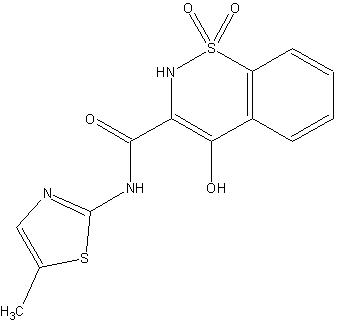A STARTING CORRELATION BETWEEN PAINKILLERS and miscarriage was demonstrated in a study published on August 16, 2003, in the British Medical Journal (BMJ). "Exposure to Non-Steroidal Anti-Inflammatory Drugs [NSAIDs] During Pregnancy and Risk of Miscarriage: Population Based Cohort Study," by De-Kun Li of the Kaiser Foundation Research Institute, is based on interviews with 1,055 women in their first month of pregnancy. Those who took NSAIDS (ibuprofen or naproxen) had an 80 percent increased risk of miscarriage; prenatal aspirin carded a similar risk. Risk was increased if the initial NSAID use was around the time of conception, or if use lasted more than a week. Low-dose aspirin is currently prescribed for women with a history of recurrent miscarriage and for those undergoing in-vitro fertilization.
A previous, Danish study, "Risk of Adverse Birth Outcome and Miscarriage in Pregnant Users of Non-Steroidal Anti-Inflammatory Drugs: Population Based Observational Study and Case Control Study," by Gunnar Lange Nielsen et al., was published in the February 2, 2002, edition of the BMJ. This study, too, showed that use of NSAIDs was significantly associated with increased risk of miscarriage. No correlation was shown between NSAID use and birth defects, low birth weight, or preterm labor, however. The Danish study tracked 1,462 women who had taken NSAIDS during pregnancy and investigated 4,268 women who had miscarried and 29,750 who had live births.
Other research on NSAIDs has shown them to trigger gastrointestinal ulcers and bleeding, high blood pressure, cataracts, kidney disease, and headaches. According to the Centers for Disease Control, 76,000 people each year are hospitalized with adverse reactions to NSAIDs, and 10,000 to 20,000 die each year from taking NSAIDs.
The two BMJ studies dial not show increased risk of miscarriage to be associated with acetametaphin-based painkillers such as Tylenol. Paracetamol was also not associated with ah increased risk of miscarriage, regardless of timing of duration of the drug use. Here is a list of generic names of common NSAIDs: diclofenac, diflunisal, etodolac, fenoprofen, floctafenine, flurbiprofen, ibuprofen, indomethacin, ketoprofen, meclofenamate, mefenamic acid, meloxicam, nabumetone, naproxen, oxaprozin, piroxicam, sunlindac, tenoxicam, tiaprofenic acid, and tolmetin.
COPYRIGHT 2003 Mothering Magazine
COPYRIGHT 2003 Gale Group



